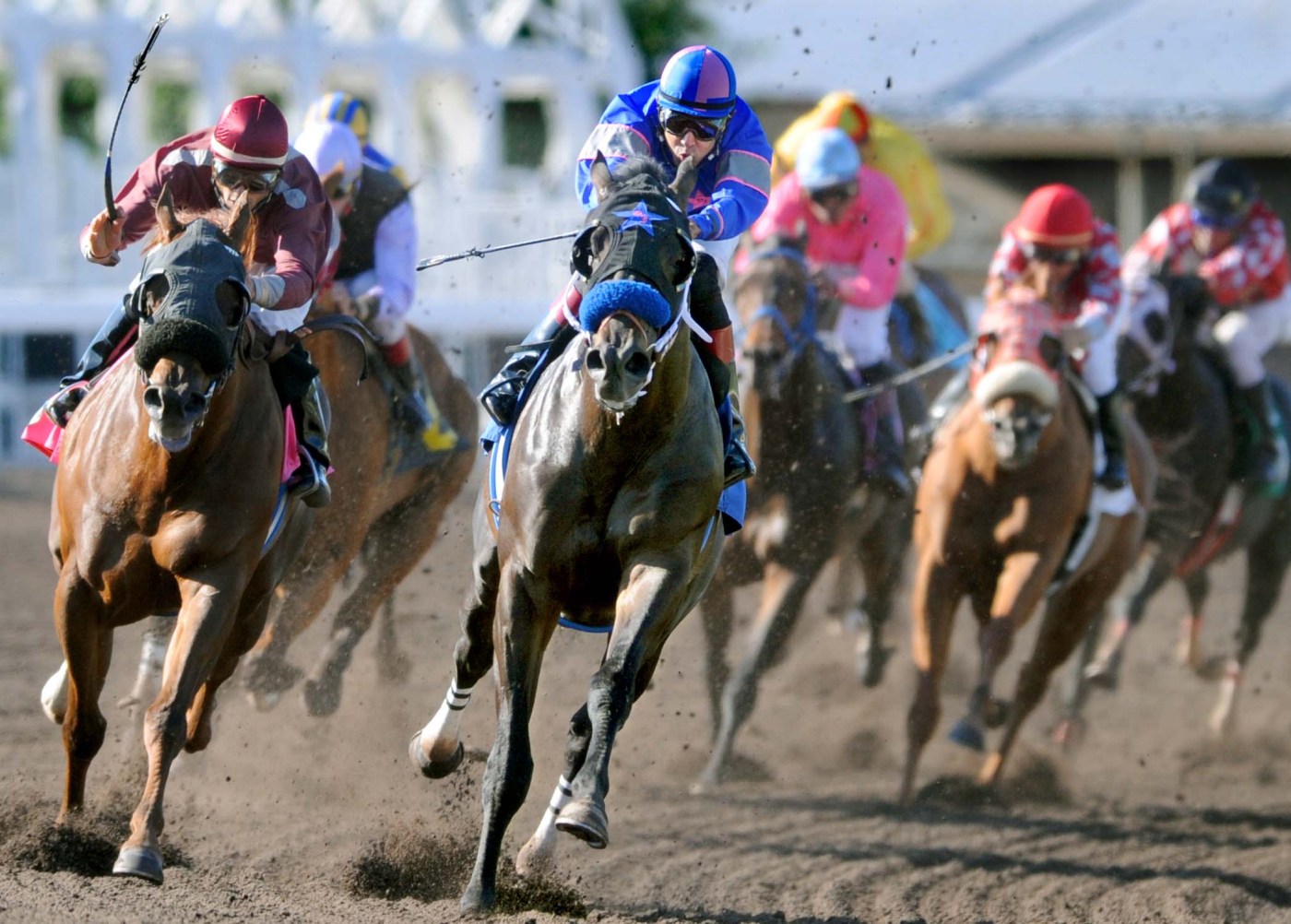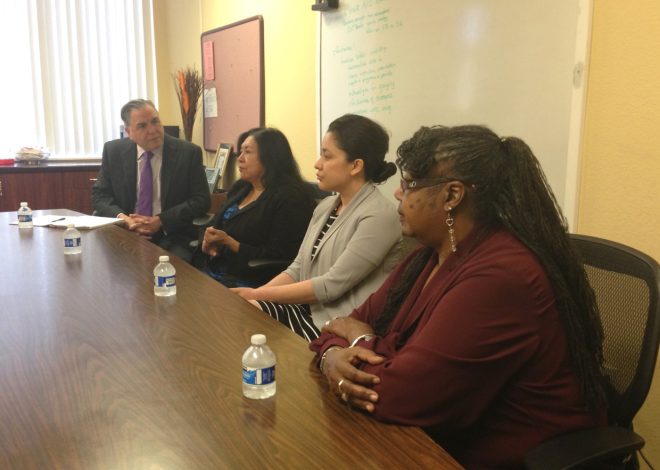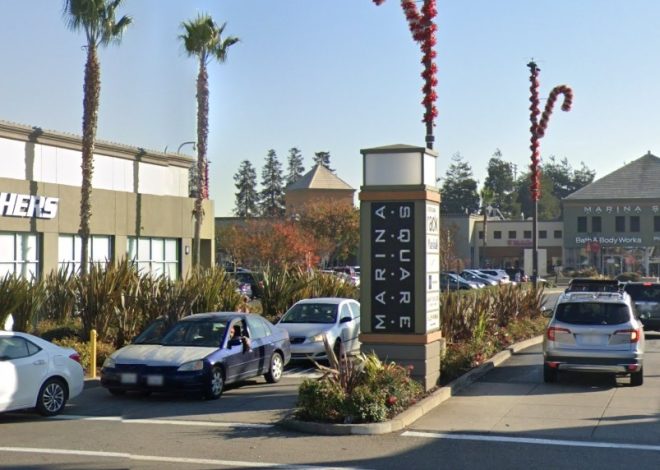
Northern California horse racing faces grim future
PLEASANTON — This may be the end for Northern California horse racing.
The California Authority of Racing Fairs this week announced that it would abandon plans to organize horse racing this year throughout several county fairs in the upper half of the state, including at the Alameda County Fairgrounds. But horse owners, trainers and enthusiasts had already smelled what the organization was shoveling.
“This is all breaking my heart,” said Timothy Bellasis, a trainer who has lived and trained horses at the Pleasanton fairgrounds for 35 years. “What it came down to, in my opinion, is management at the fairgrounds is not a racing enthusiast.”
Pleasanton, which previously has hosted races at the county fairgrounds for decades, saw a short run of races last year after Golden State Racing, a new organization, decided it would revive racing at the fair. Last summer, horses again ran the same one-mile dirt track the legendary Seabiscuit trained on. It was first built in 1858 and is the oldest one-mile dirt track in the country, according to the county.
“It was a complete disaster,” Bellasis said of last summer’s races. “There was no handle, there was no attendance, there was no marketing.”
It is the latest blow to horse racing in the Bay Area. Bay Meadows in San Mateo closed in 2008, and Golden Gate Fields in the East Bay saw its last race in June 2024 after 83 years of events.
Owners and trainers have already started leaving the fairgrounds, some to other parts of the state, such as the Santa Anita Park in Arcadia, where Southern California hosts races throughout the year, or to Washington, Wyoming, New Mexico and Arizona.
At the time of last summer’s meet, there were roughly 900 horses stalled in Pleasanton at the fairgrounds, Bellasis said. But now, he added, there’s somewhere between 450 to 500 left.
“They’re leaving everyday,” Bellasis said. He added, “the immediate future of racing in Northern California is through.”
The decision by CARF, according to the county fair association, was due to “financial and regulatory challenges marking the end of an era for fairgrounds’ racing.” Jerome Hoban, CEO of Alameda County Agricultural Fair Association, said in a statement that “it’s a sad and difficult decision to end racing, stables, and training.”
“The Alameda County Fair did everything in our power to promote and preserve horse racing at the Fairgrounds, but economic and licensing issues made it impossible,” Hoban said.
It is also part of a greater issue in horse racing in the state, where race winnings — or purses — were not keeping up with the cost of keeping a horse, which has been steadily increasing over the past 10 years, according to Pleasanton horse owner Allen Aldrich.
Prize purses for a winning race in Pleasanton topped about $75,000, he said, with 55% of that, or about $45,000, would go to the horse. Bottom tier purses bring in about $12,000 per race, he said. But the cost to keep and maintain a horse is about $80 per day, excluding other expenses such as hay, feed and veterinary costs.
All in, a horse costs about $3,000 a month, Aldrich said, which means a horse needs to bring in over $42,000 a year from racing to break even.
“There’s really no trainers or owners making any money. It’s just a passion they have,” Aldrich said. “It’s really going to hurt the breeders.”
Lobbyists have tried and failed to get certain legislation through the state to allow different forms of gambling at horse races, Aldrich added. Without races, and without something such as gambling revenues to supplement prize purses, the news from CARF is driving a nail in the coffin of Northern California horse racing.
Aldrich, who is part owner to She’s a Tiger, a decorated American Thoroughbred racehorse, maintained a somewhat positive outlook, however, on the ability for horse racing to bounce back.
“The whole thing about CARF is that it’s not up to CARF to say whether we’re racing at the fairs or not, it’s up to each individual fair board,” Aldrich said. “Just because CARF says it, doesn’t mean it’s the end of racing for the fairs.”
CARF did not respond to requests for comment.
According to Jeff Bonde, a horse trainer from Pleasanton who also trained She’s a Tiger, said the shutdown of racing at the Alameda County Fairgrounds is “a devastating blow to horse racing.”
“Pleasanton was always one of the premier fair tracks,” Bonde said.
Bonde has trained horses since 1974, and comes from a distinguished family in horse racing history, after his father and grandfather — both named Duke — each trained horses. Throughout the years, he has trained and ran horses in Pleasanton.
“Our hope is to run there again,” Bonde said. “There’s people out there that are putting up a good fight and they’re going to their politicians to get some backing and we’ll see how it goes from there.”


